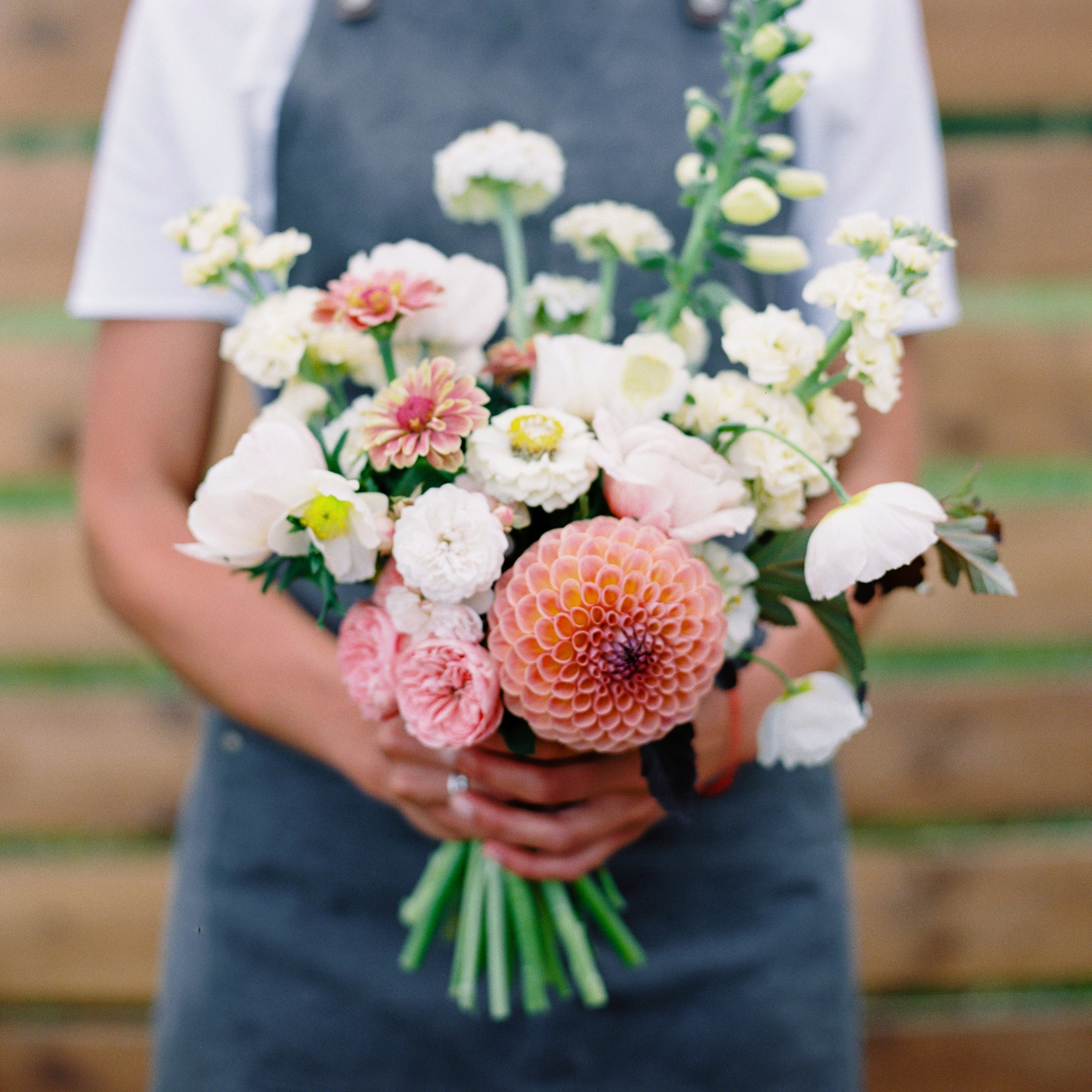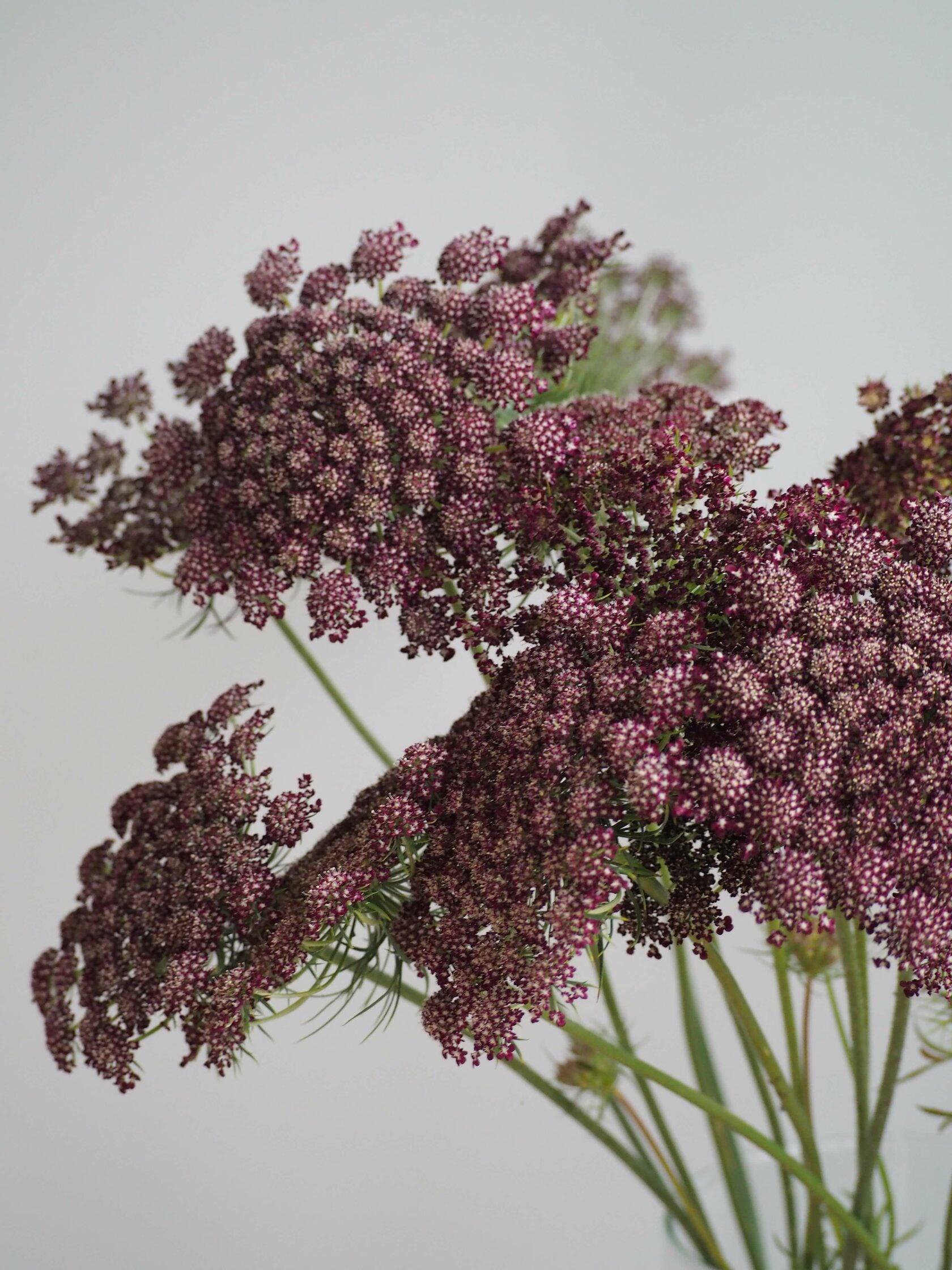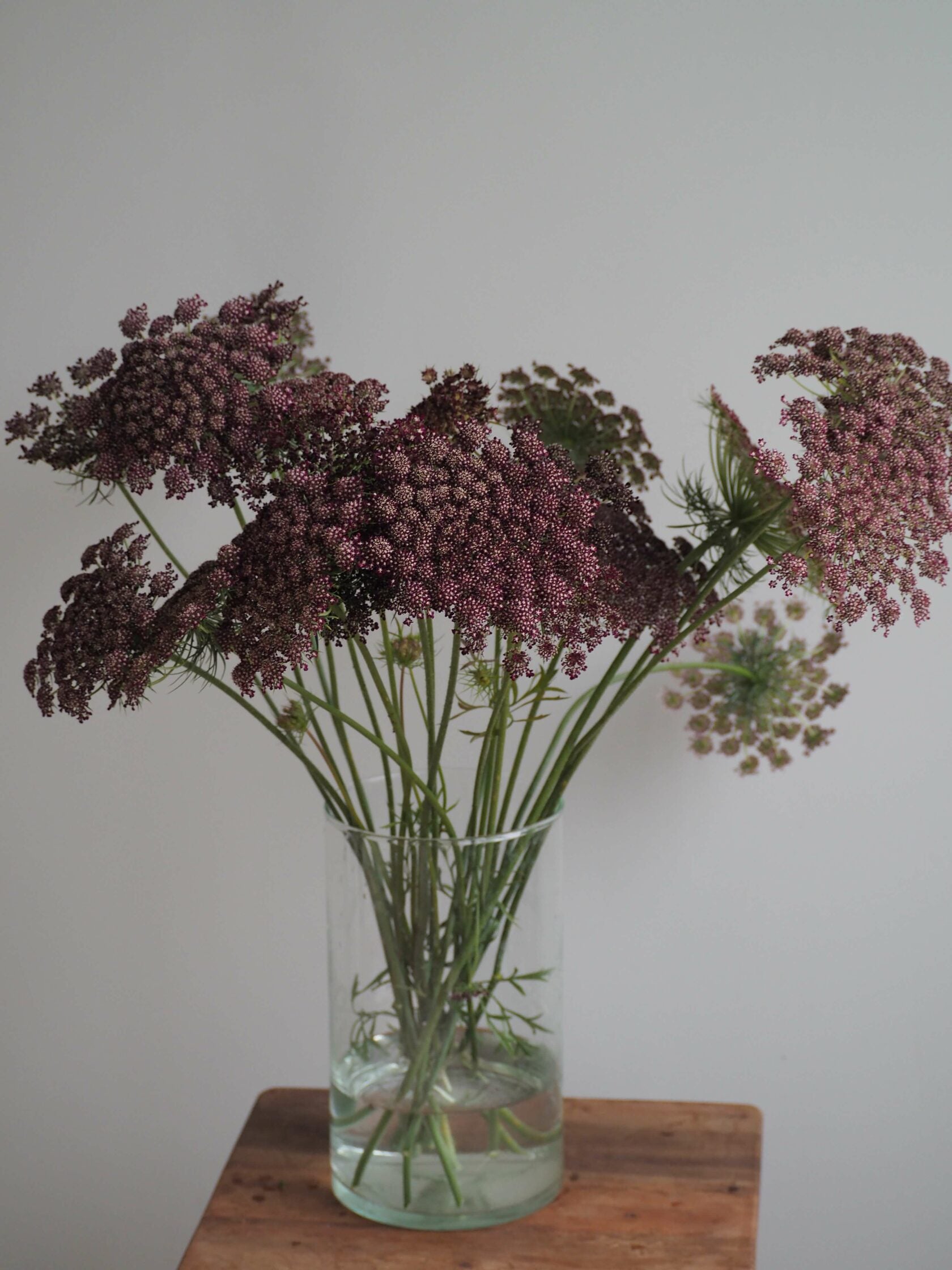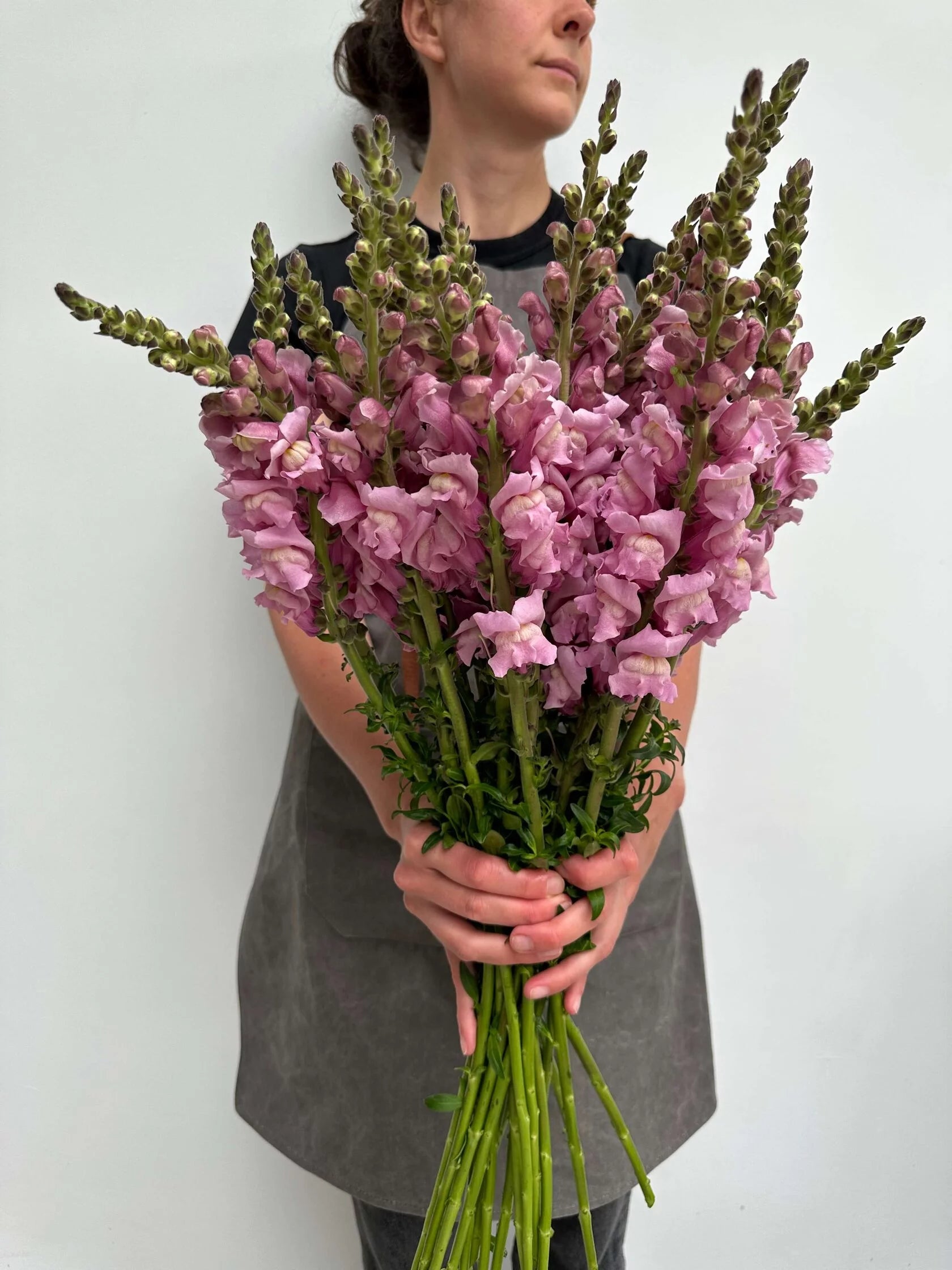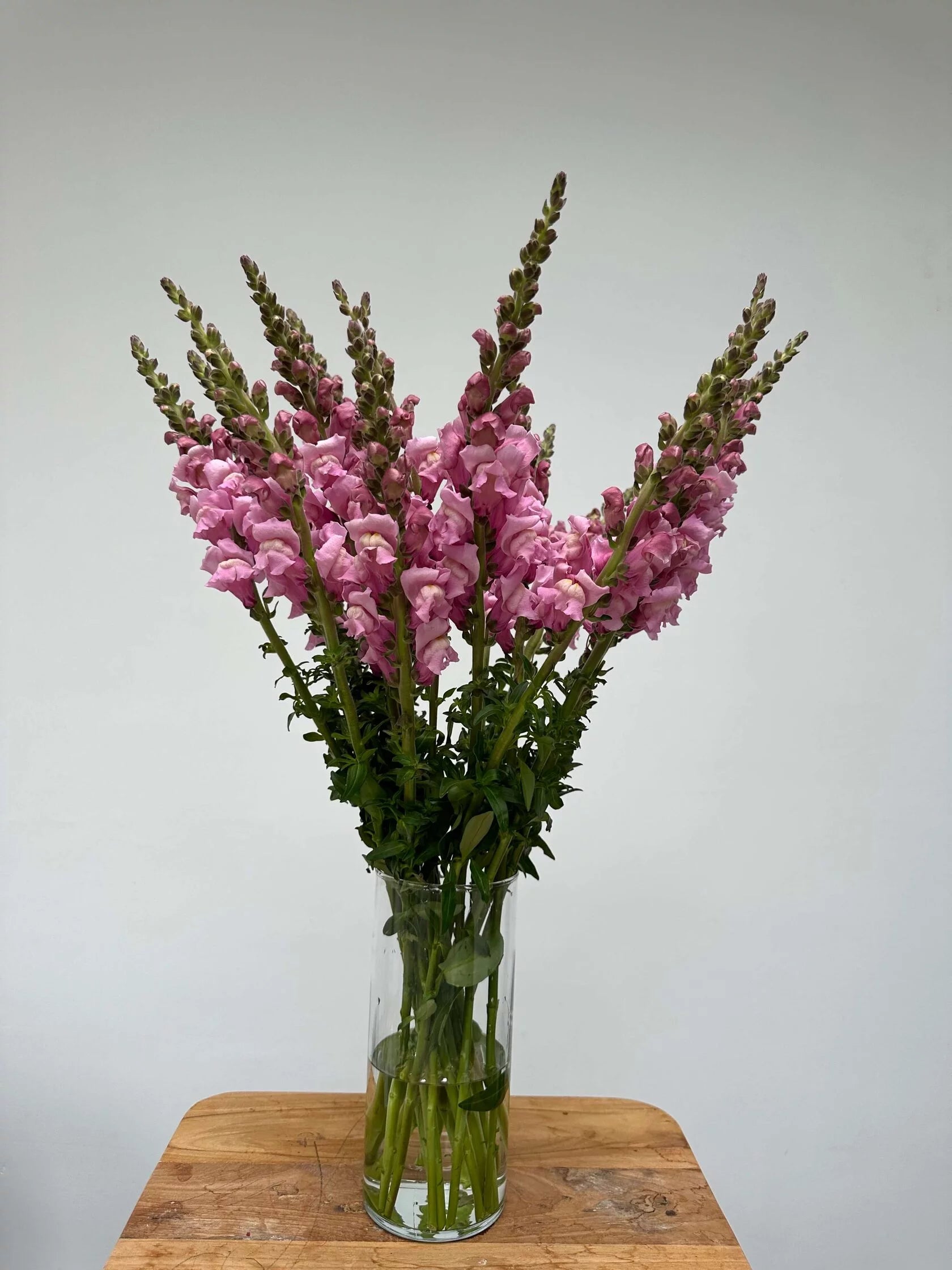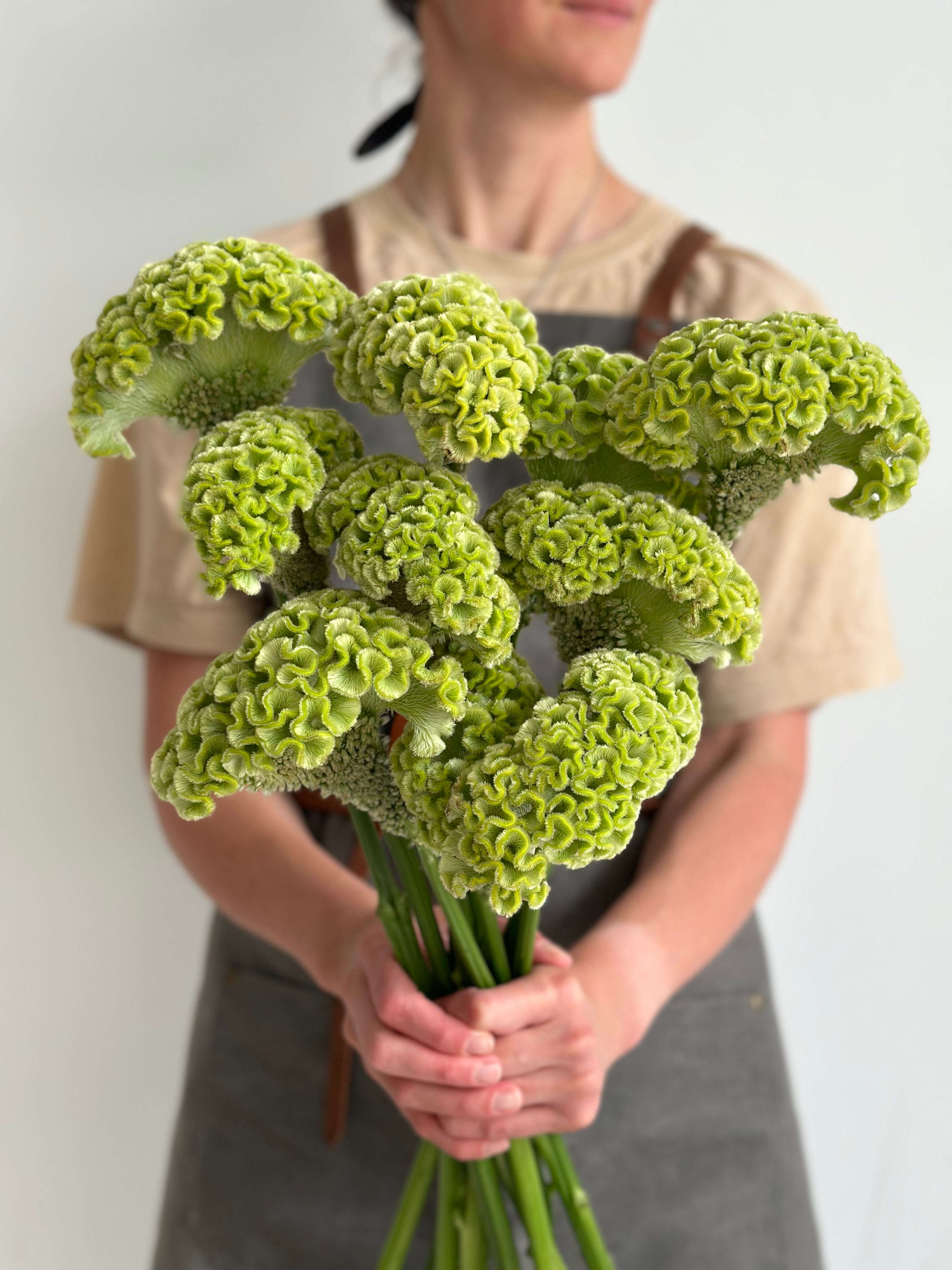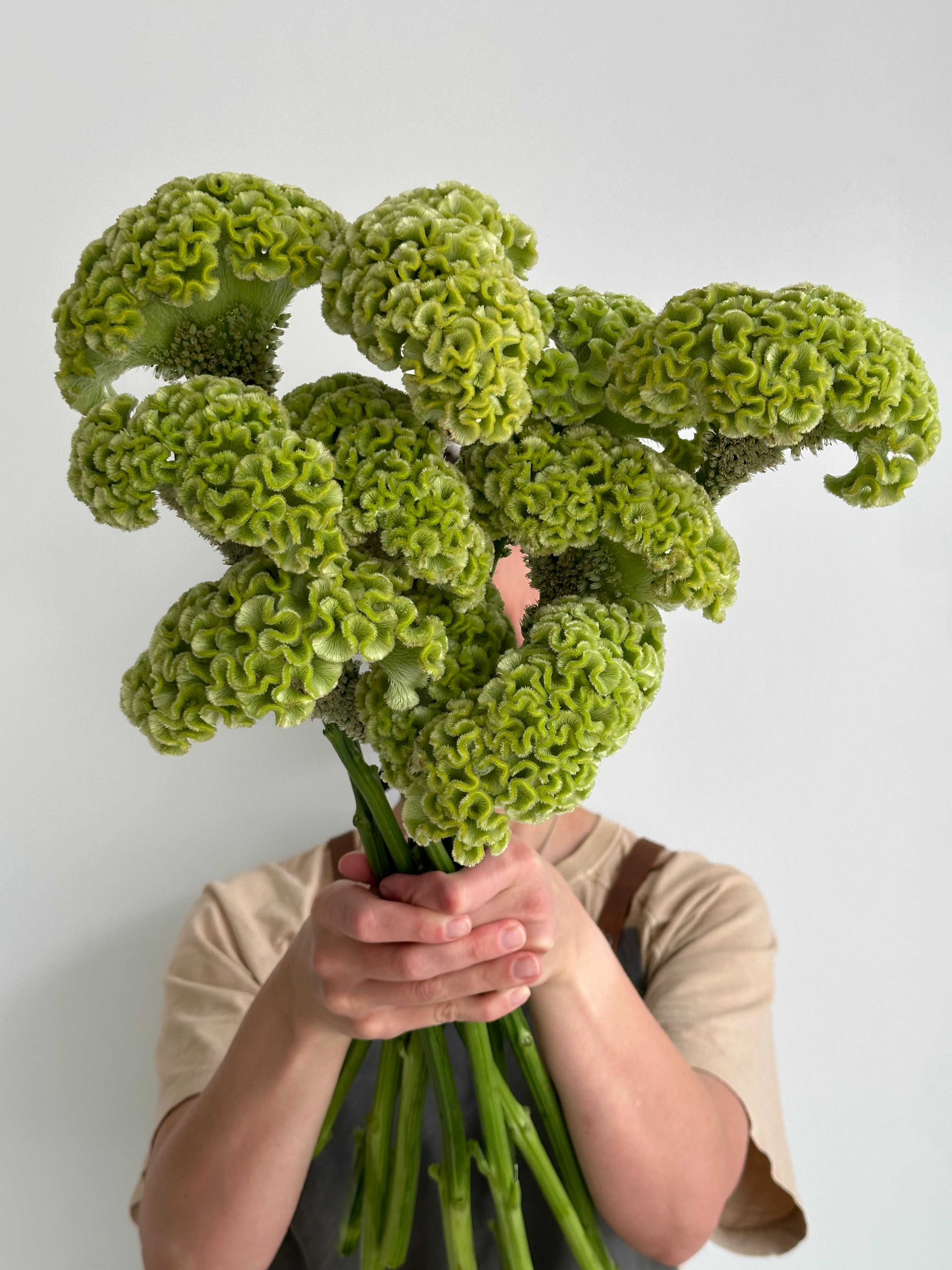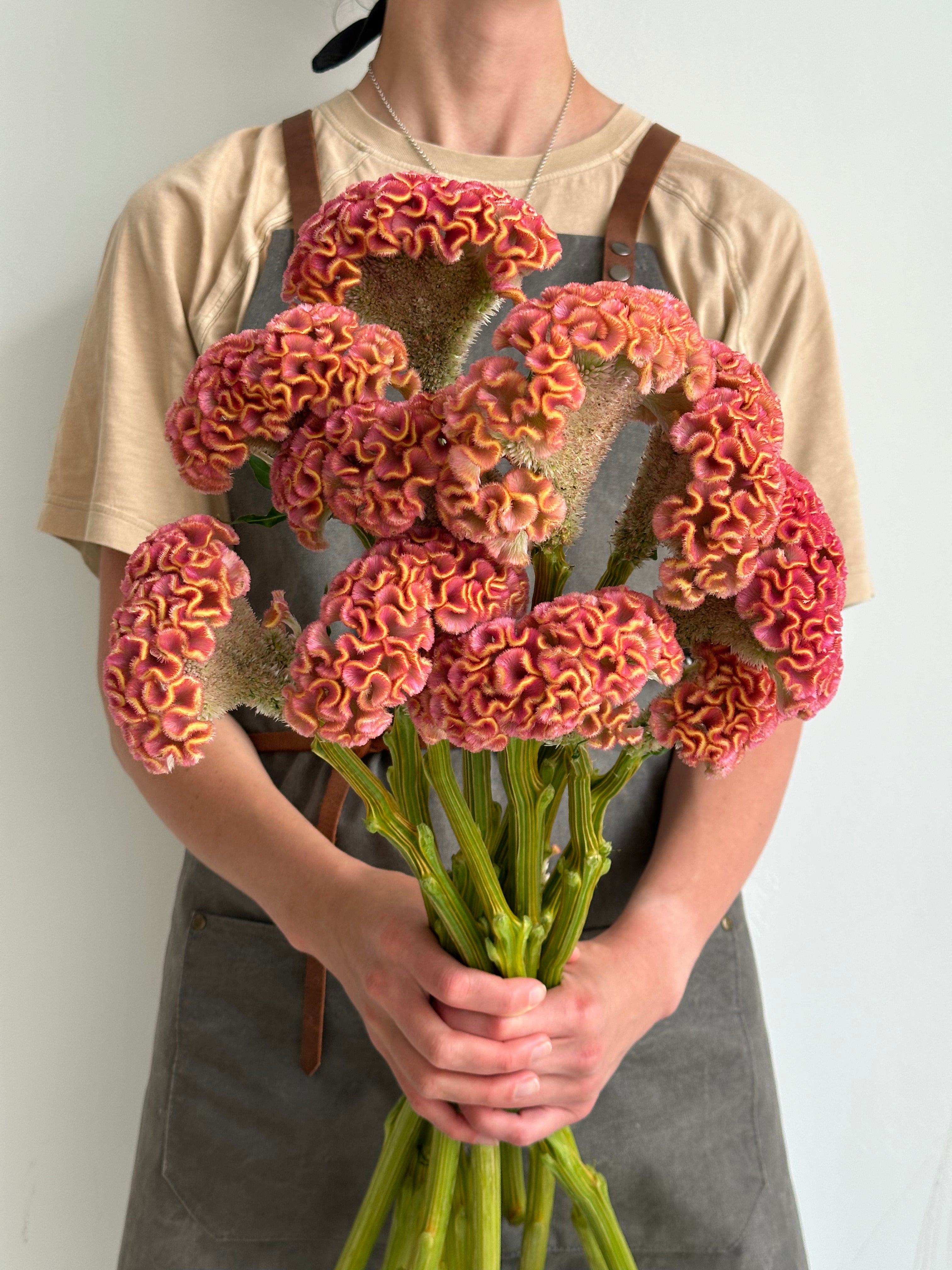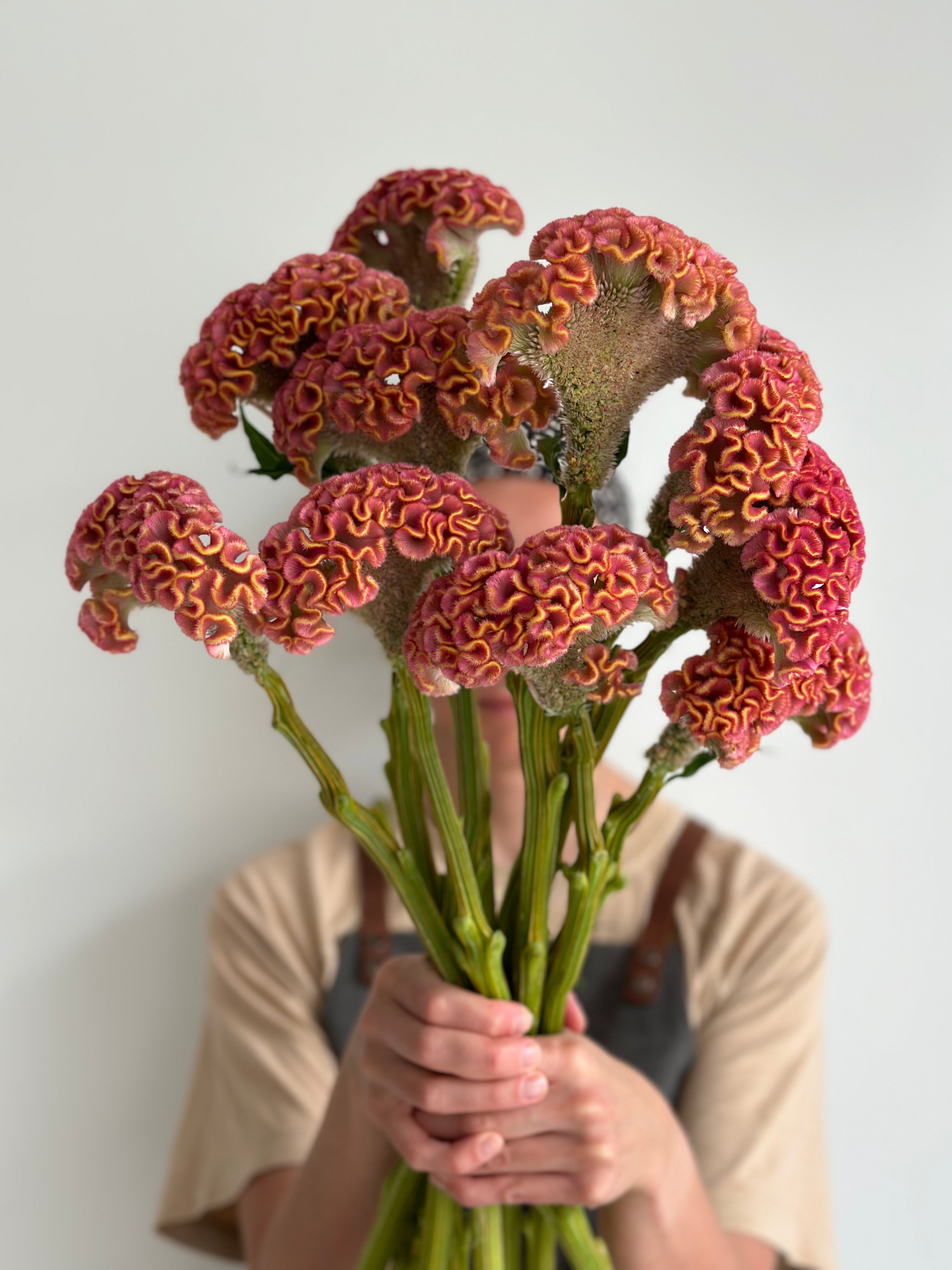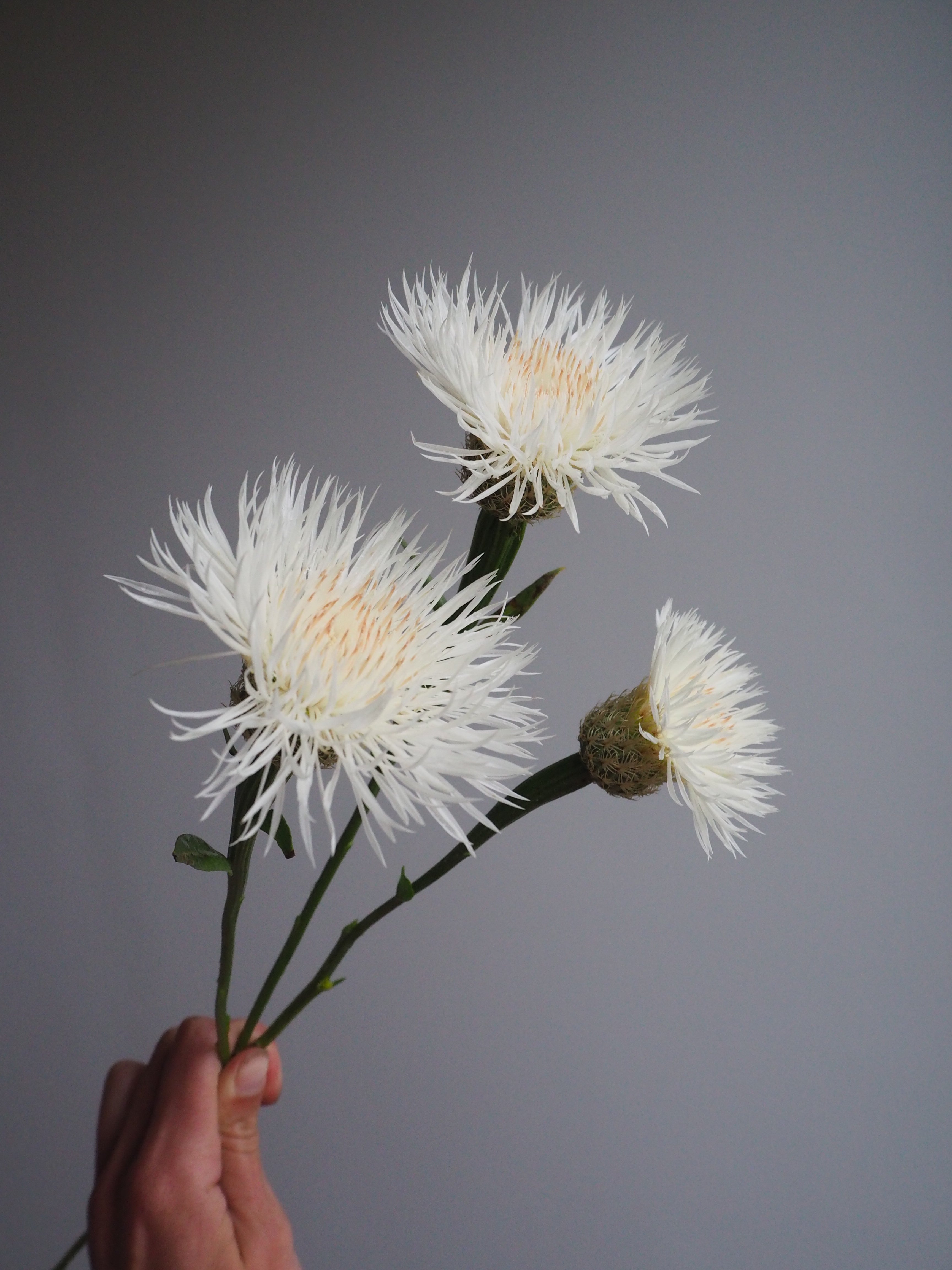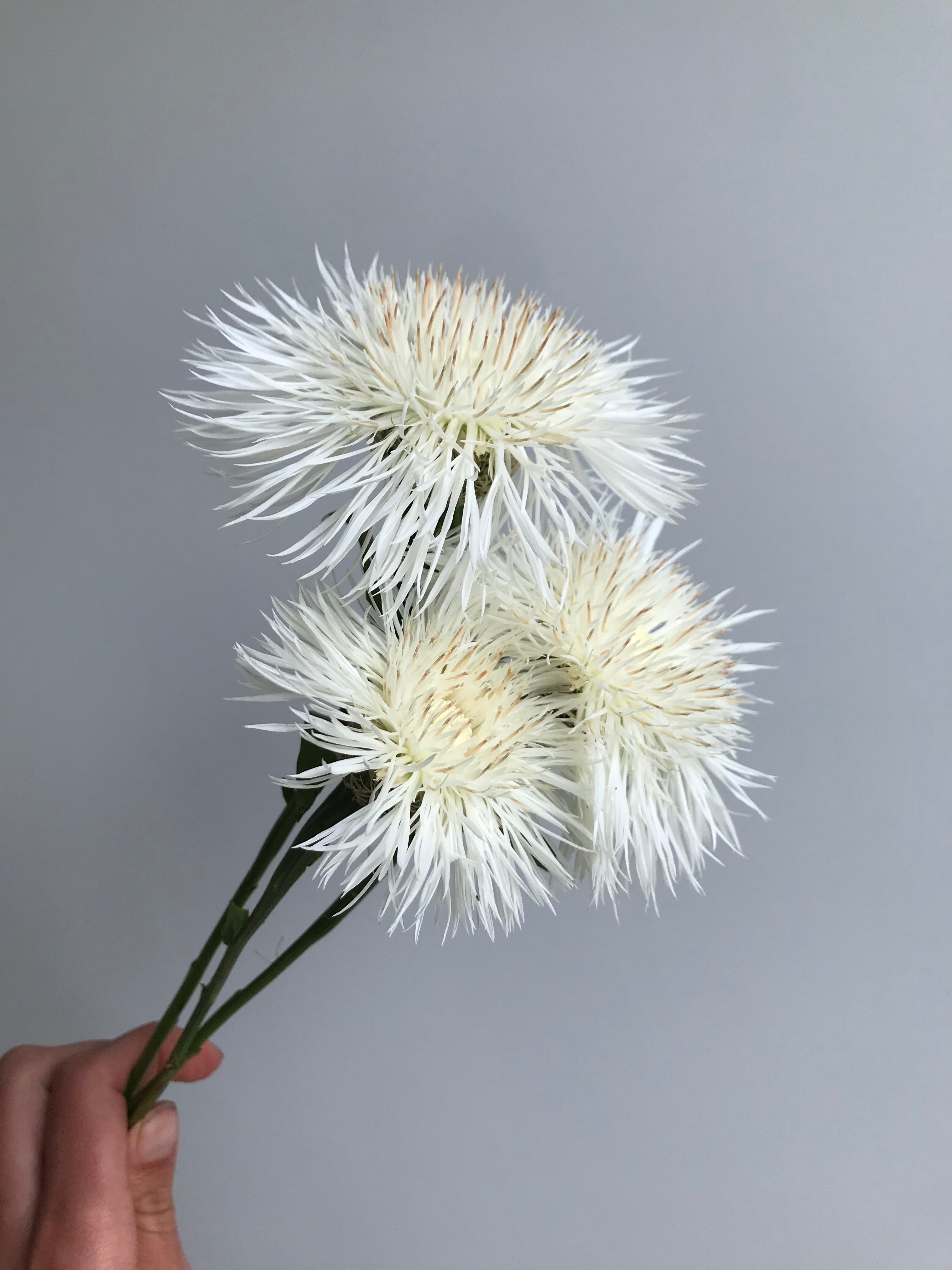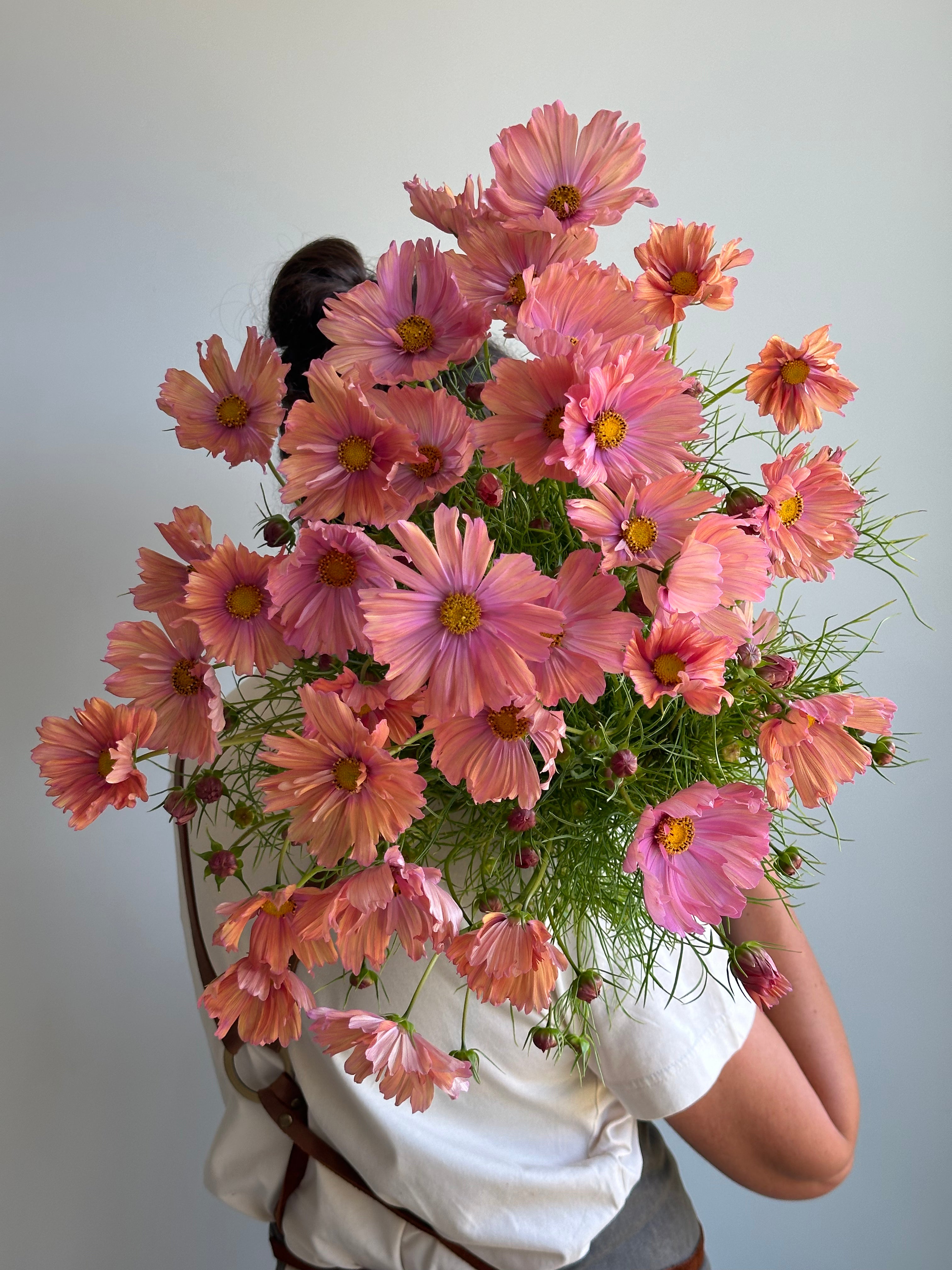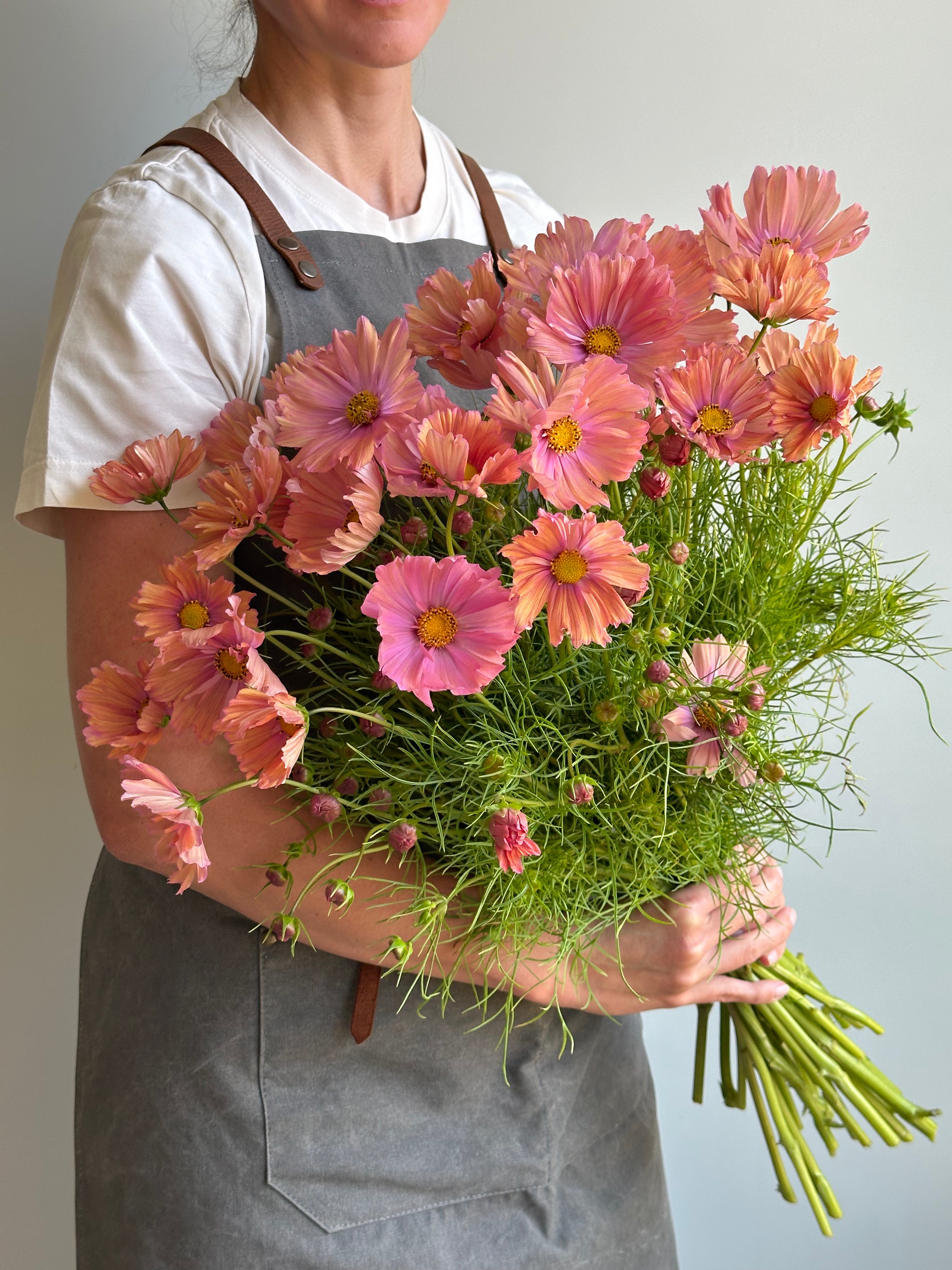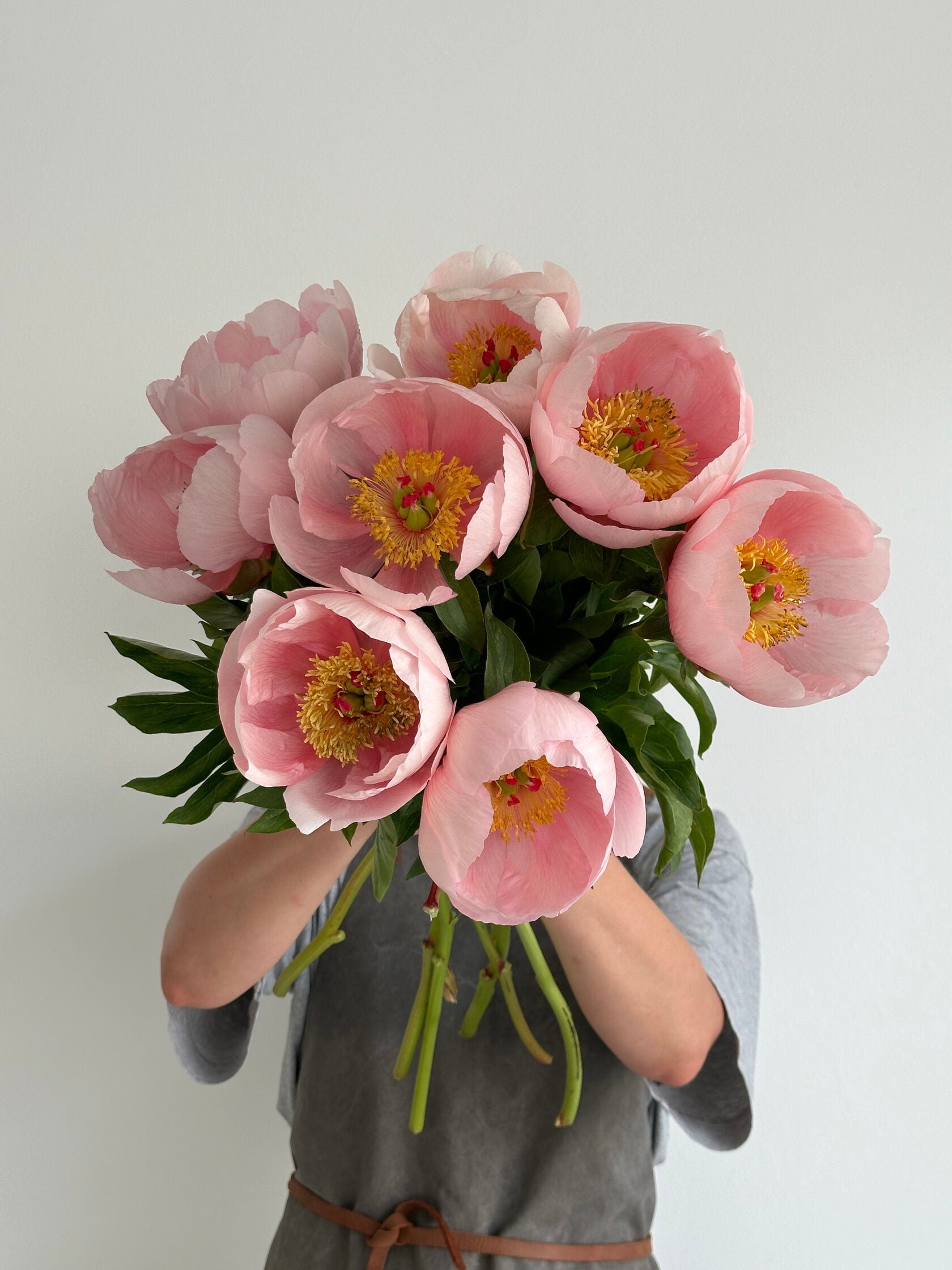
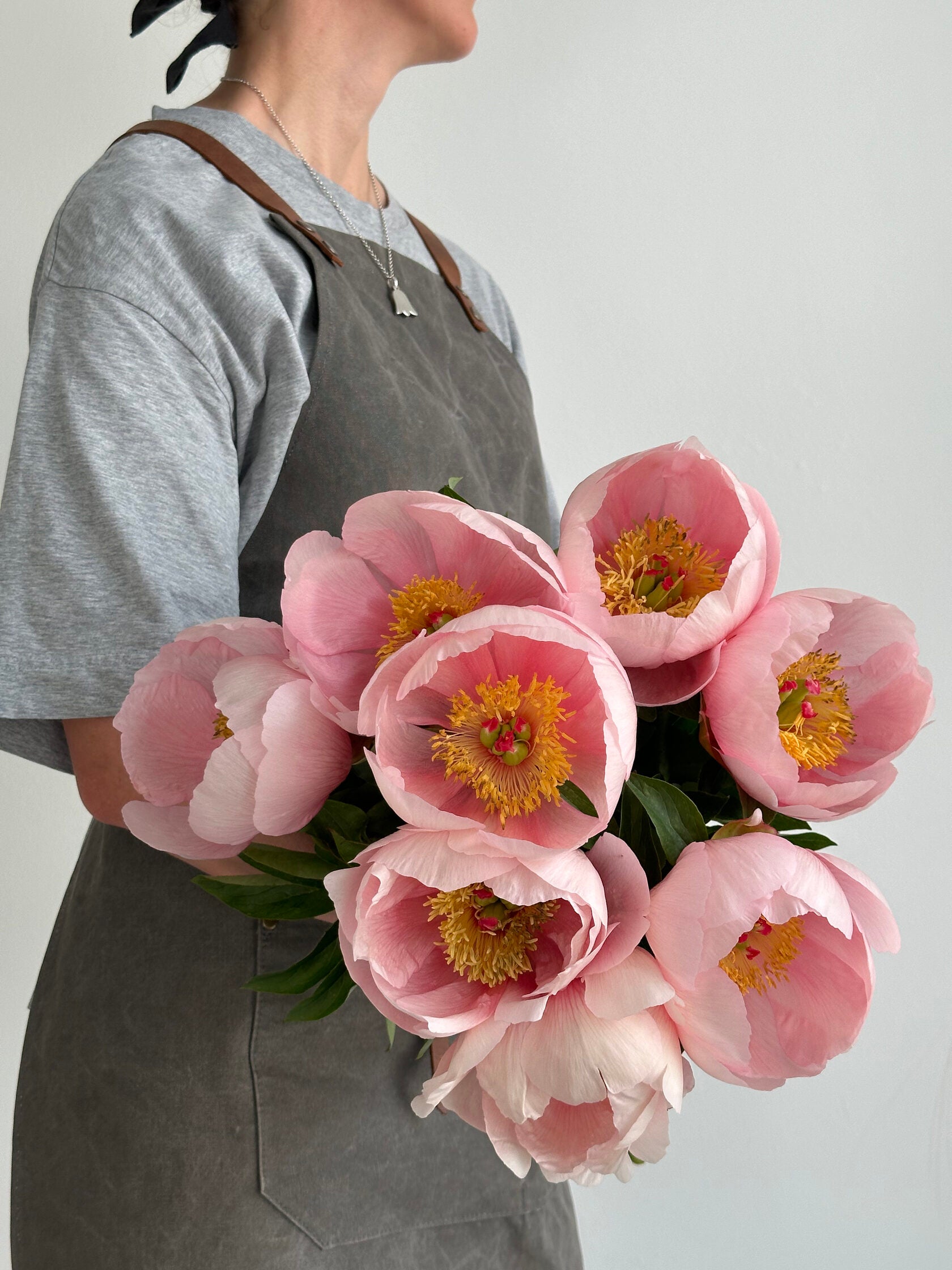
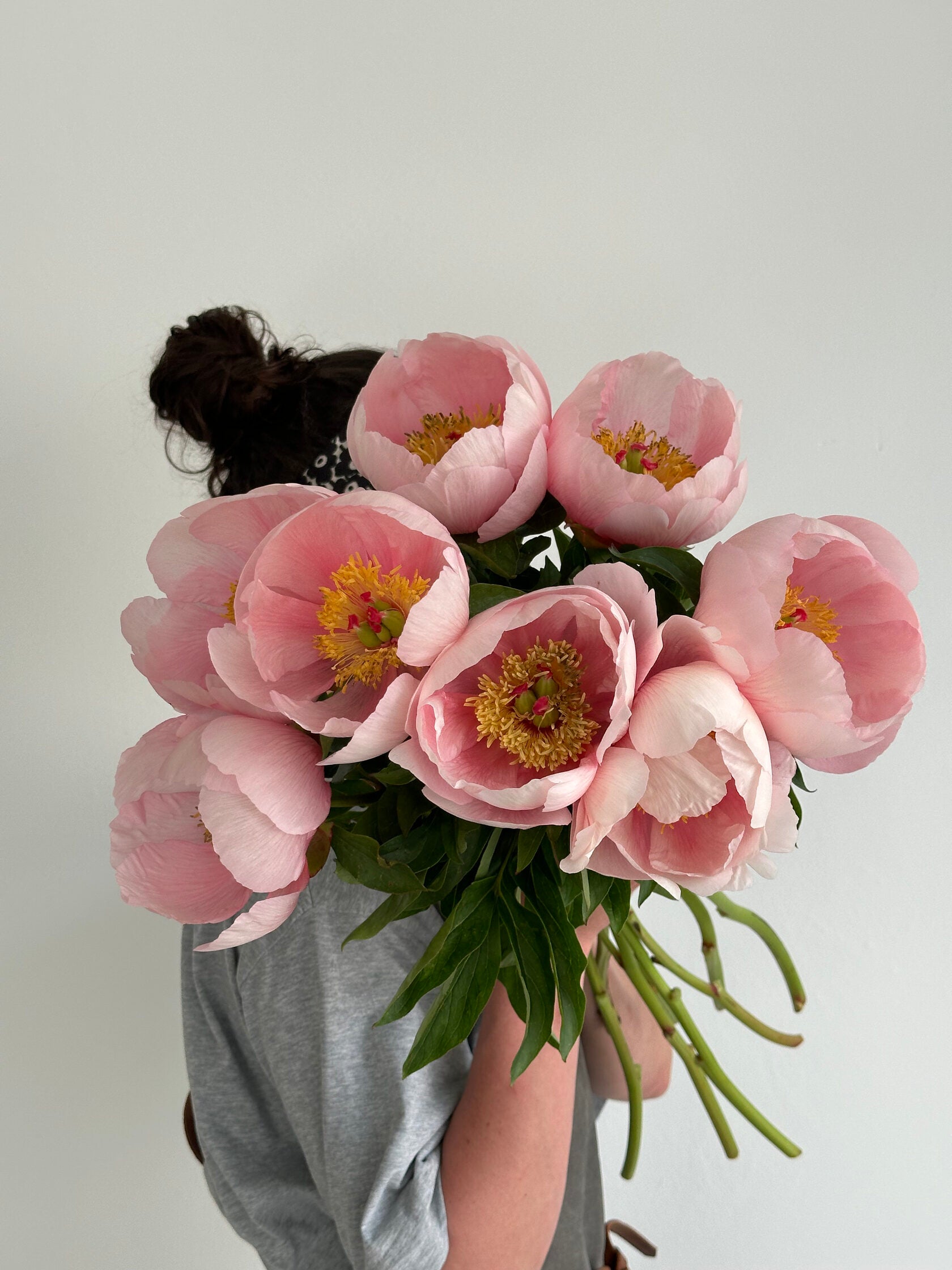
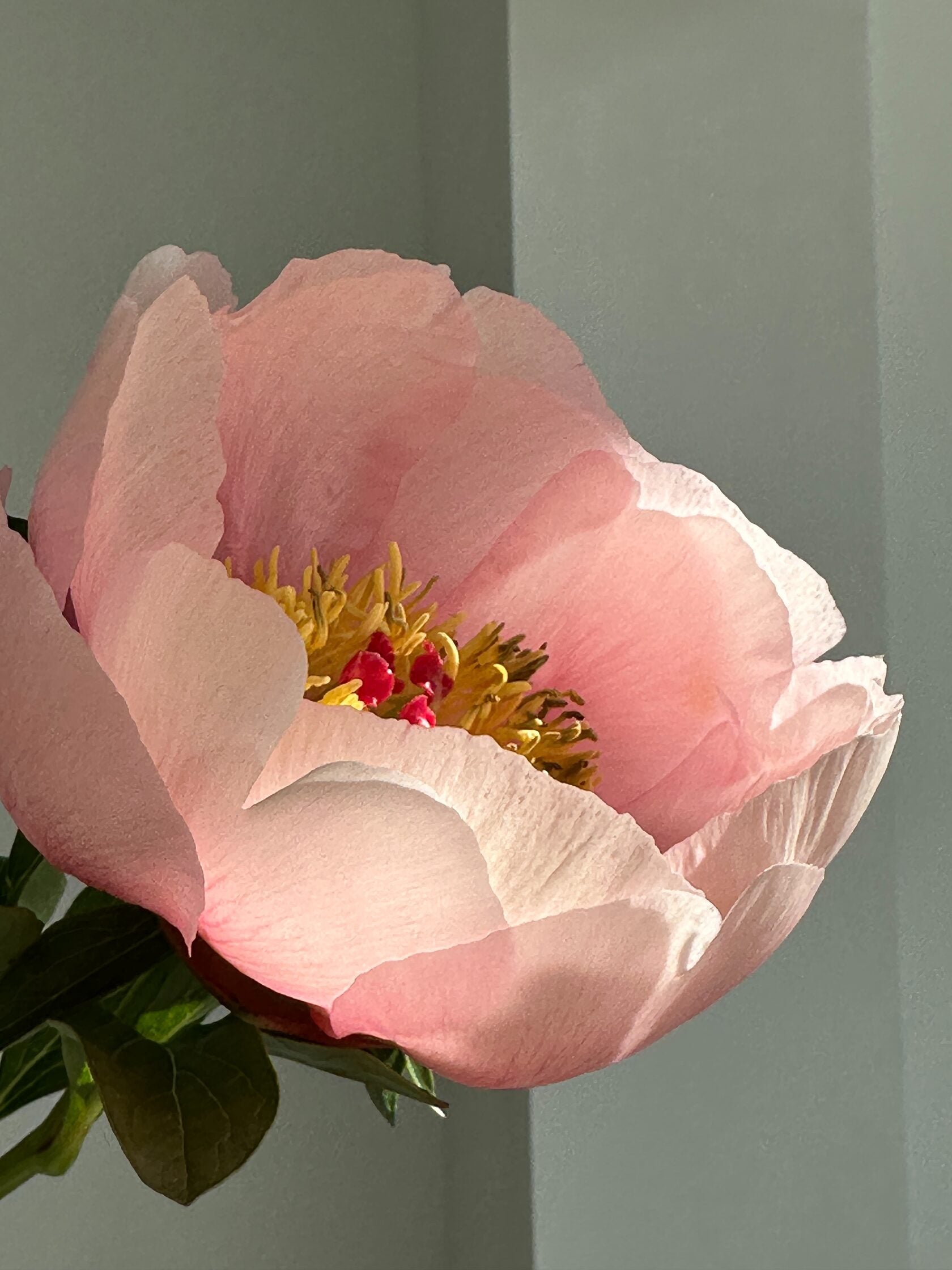
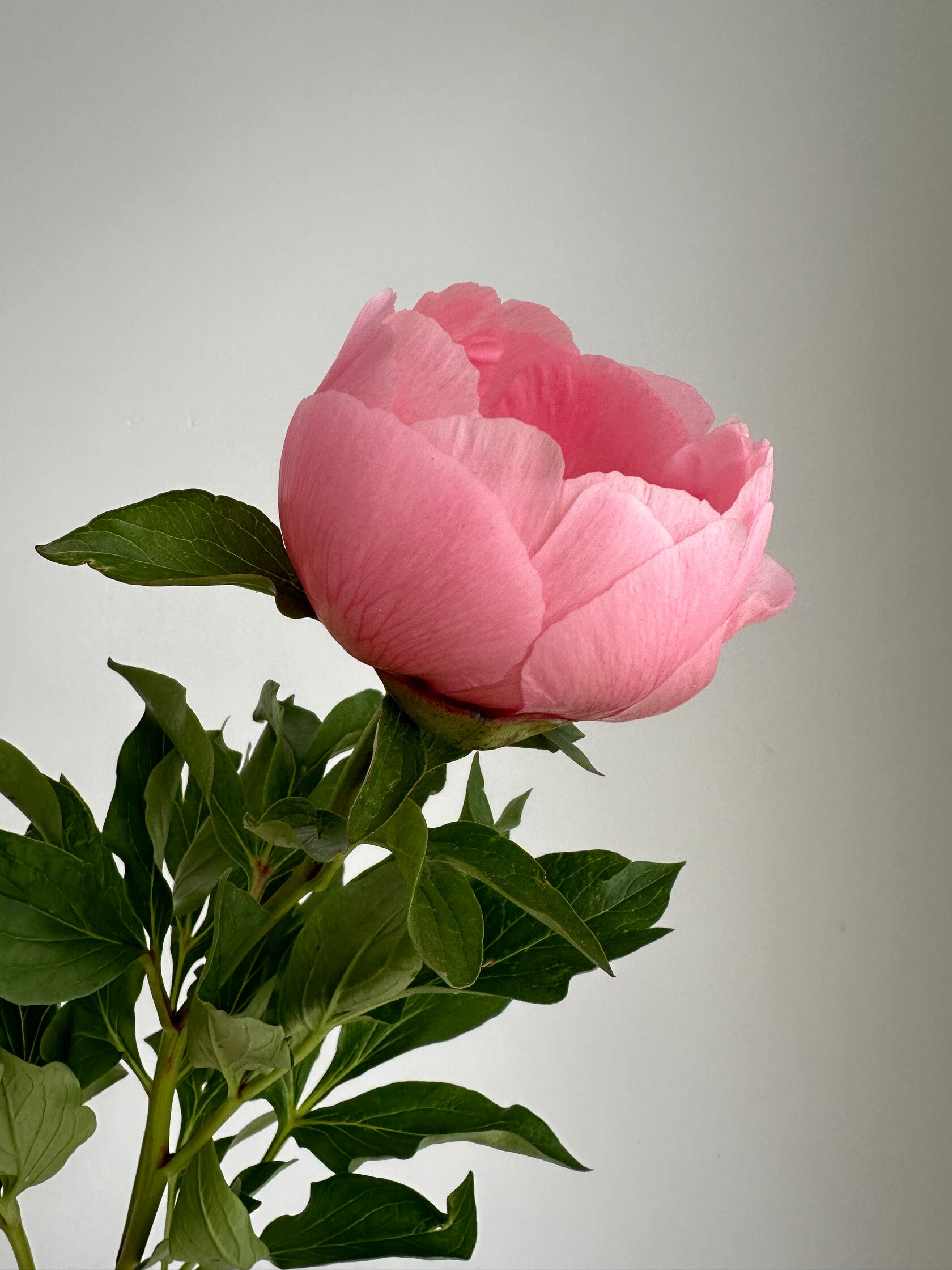
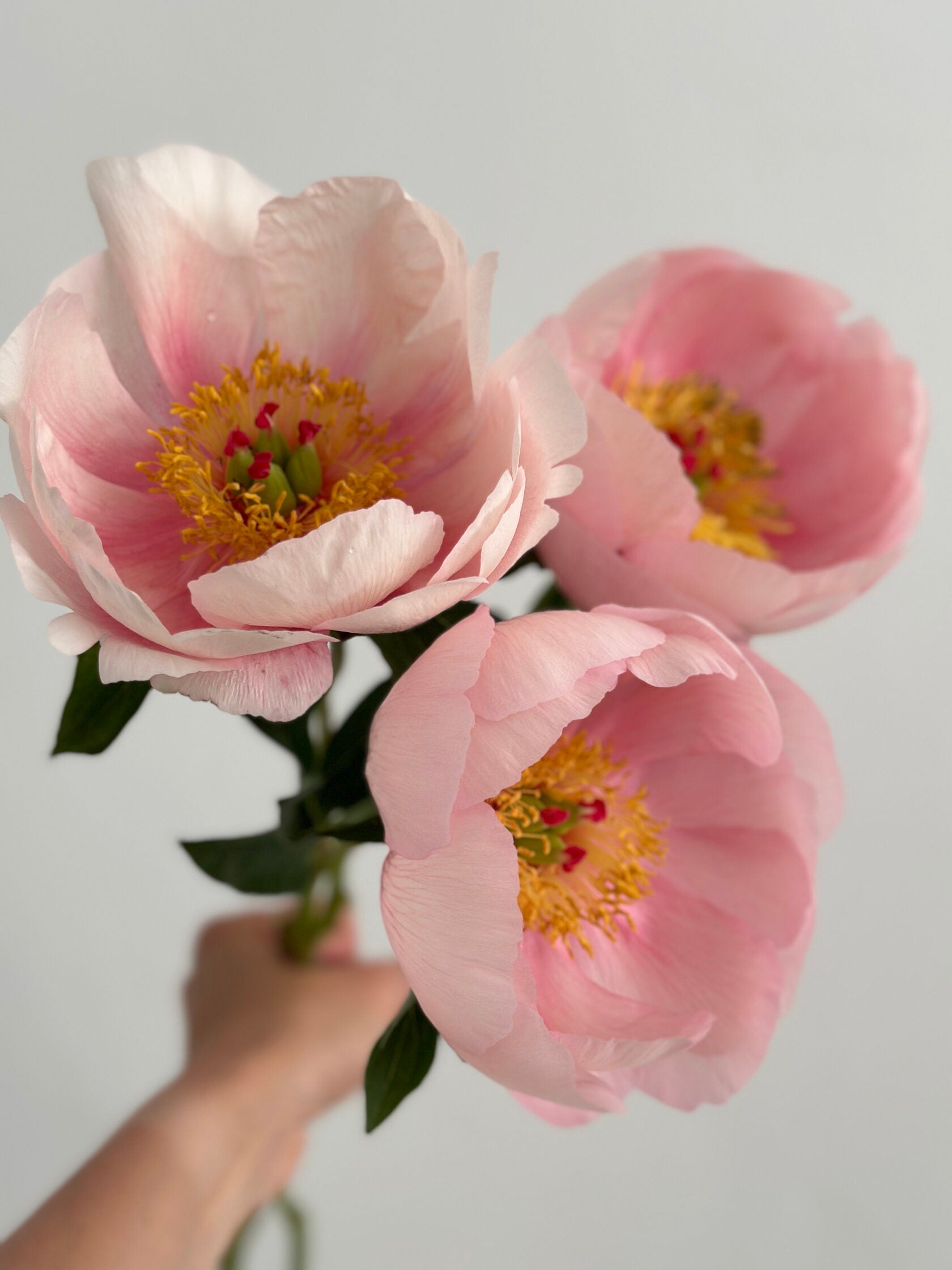
Peony Soft Salmon Saucer
Peony roots will become available in June 2026
Peony roots will be shipped on Oct 15-25th 2025.
If you'd like to get your seeds earlier, please place a separate order for seeds only. We do not separate orders.

Product Specification
An elegant and touching variety. Soft salmon saucer is not about a bright aroma or a outstanding petals and colors. It is about sophistication and refinement. Delicate petals of pink and salmon color surround a large yellow-gold center. Very strong and straight stems and juicy green. It looks beautiful in the garden and is ideal for cutting. This peony cannot be missed!
Flowering time: early
Colour: salmon
Fragrance: yes, light
Sidebuds: no
Plant height: 85-90 cm
Group: herbaceous hybrid
Country of registration and year: USA, 1981
Tips to grow:
Peony roots are best planted in late autumn. They will grow well in a range of soils, including clay, as long as it does not get waterlogged in winter and dry out in summer. Peonies are fully hardy so don’t require any winter protection. Covering the plants for the winter will only be necessary in areas with severe frosts (below -30°C).
Choose a well-drained plot! Any flooding in the spring will cause rotting and death of the roots! When digging a hole in heavy clay soils, keep in mind that the soil will settle and roots may be flooded! Therefore, it is recommended to prepare the planting holes (size 40 * 40 * 40 cm) and fill them with compost or soil mixture 1.5-2 months before planting, in this case the soil will be compacted and settle down. You can also plant the roots in elevated beds if the groundwater is close to the surface, but keep in mind that in the summer the plants will require additional watering.
When planting, use compost and complex fertilizer, around 50-80 g per plant.
The roots should be positioned so that the buds are not lower than 3-5 cm from the soil level.
Plants are fed 2-3 times per season with combined fertilizers. Nitrogen fertilizers should be excluded after flowering. It is recommended to cut the foliage in late autumn. You can also water the plants with a biofungicide solution to prevent fungal diseases.
Flowers may appear during the first year, but it is recommended to remove them to allow the plant to “save sources”. The procedure for removing flower buds is repeated in the 2nd year of plant growth. The first flowers can be expected in the 3rd year. It is recommended to cut flowers leaving some foliage and still remove about 20% of the flower buds in years 3-4.
cm
⁰С
cm
cm
Blog posts
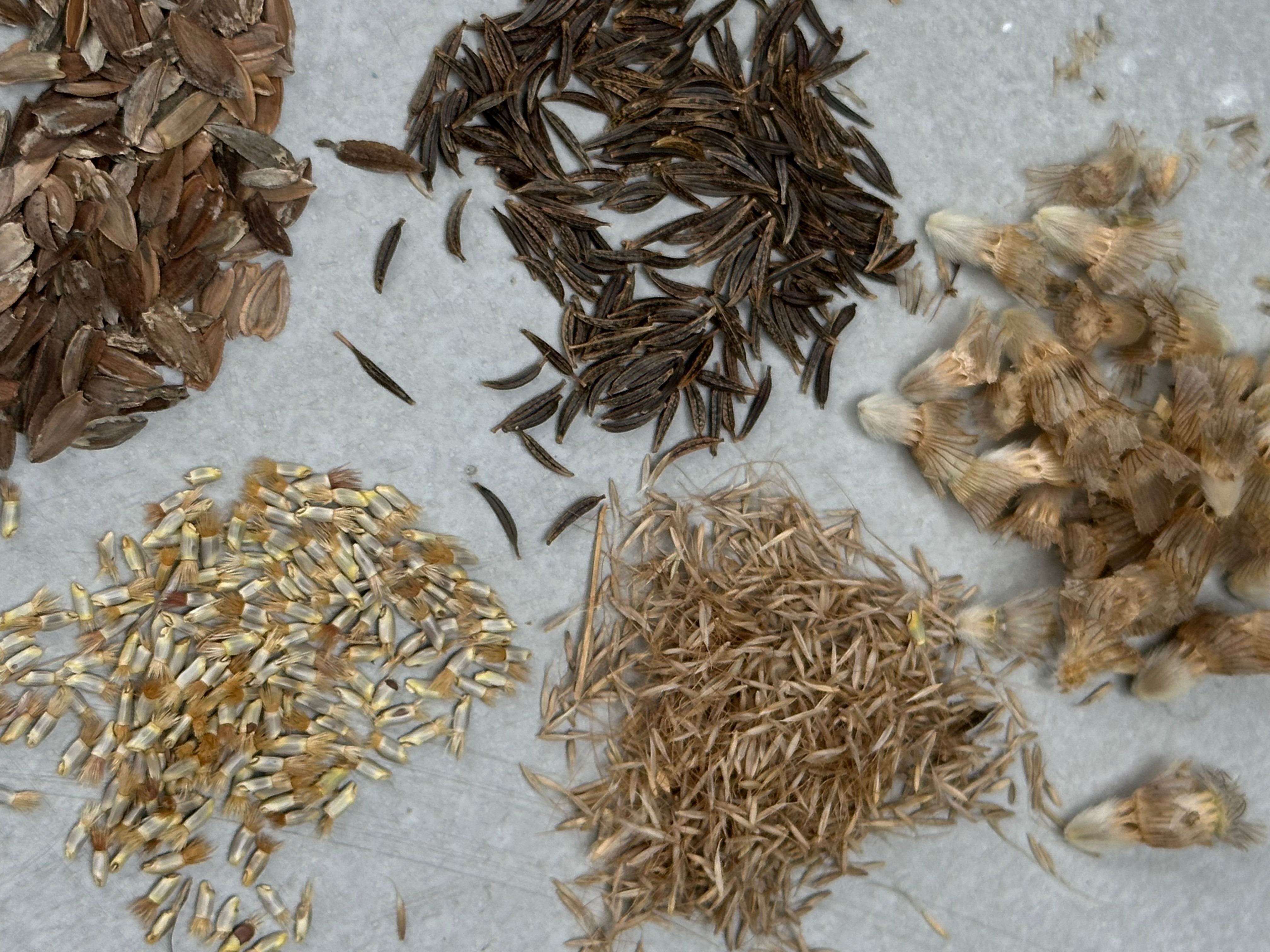
About seeds - useful tricks to store and germinate your seeds
Seeds are the cheapest way to multiply plants. 95% of plant diseases and pathogens are not transmitted to the next generation. To successfully grow flowers from seeds, they must be stored and germ...

Botrytis and Nematodes in Peonies: Identification and Prevention
Botrytis and nematodes can cause significant damage in peony cultivation—whether in large-scale operations or private gardens—and even destroy valuable collections. It is crucial to identify sympto...
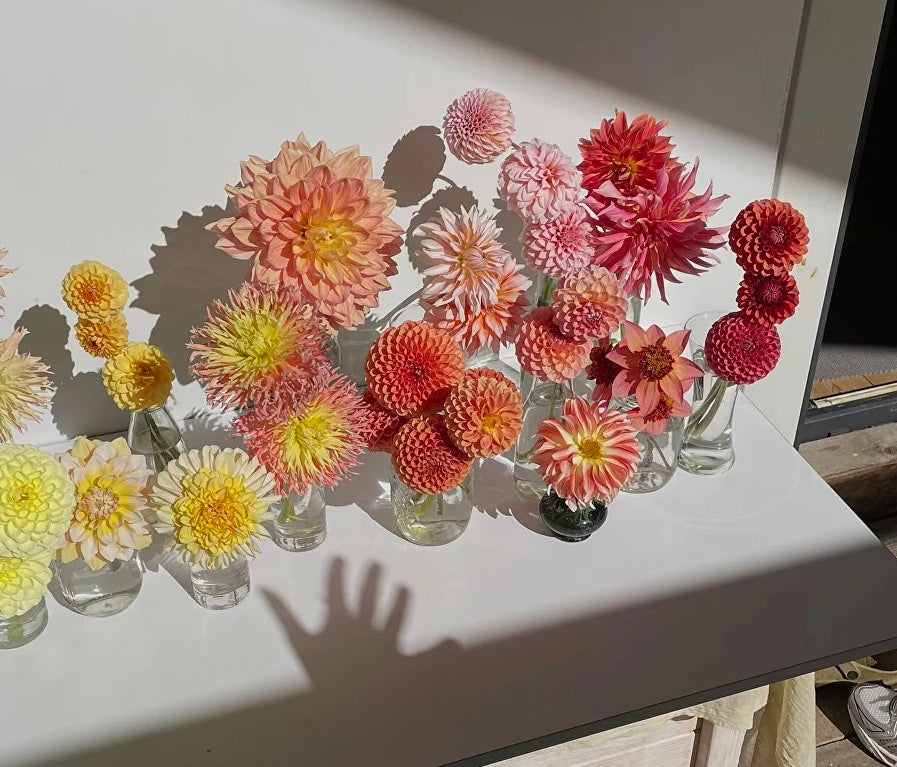
Interwiev with florist Polina Chentsova
We talked with Polina about her creative work and the nuances of being a florist. We first met Polina when she was teaching floristry courses at Flower School. We eagerly awaited her class, and it ...
